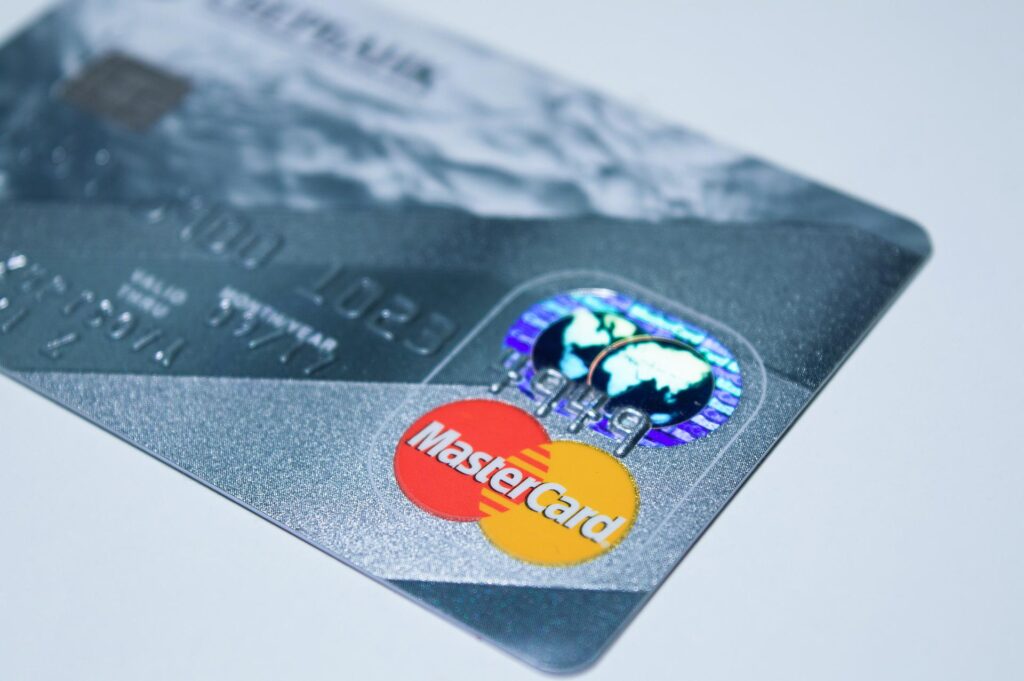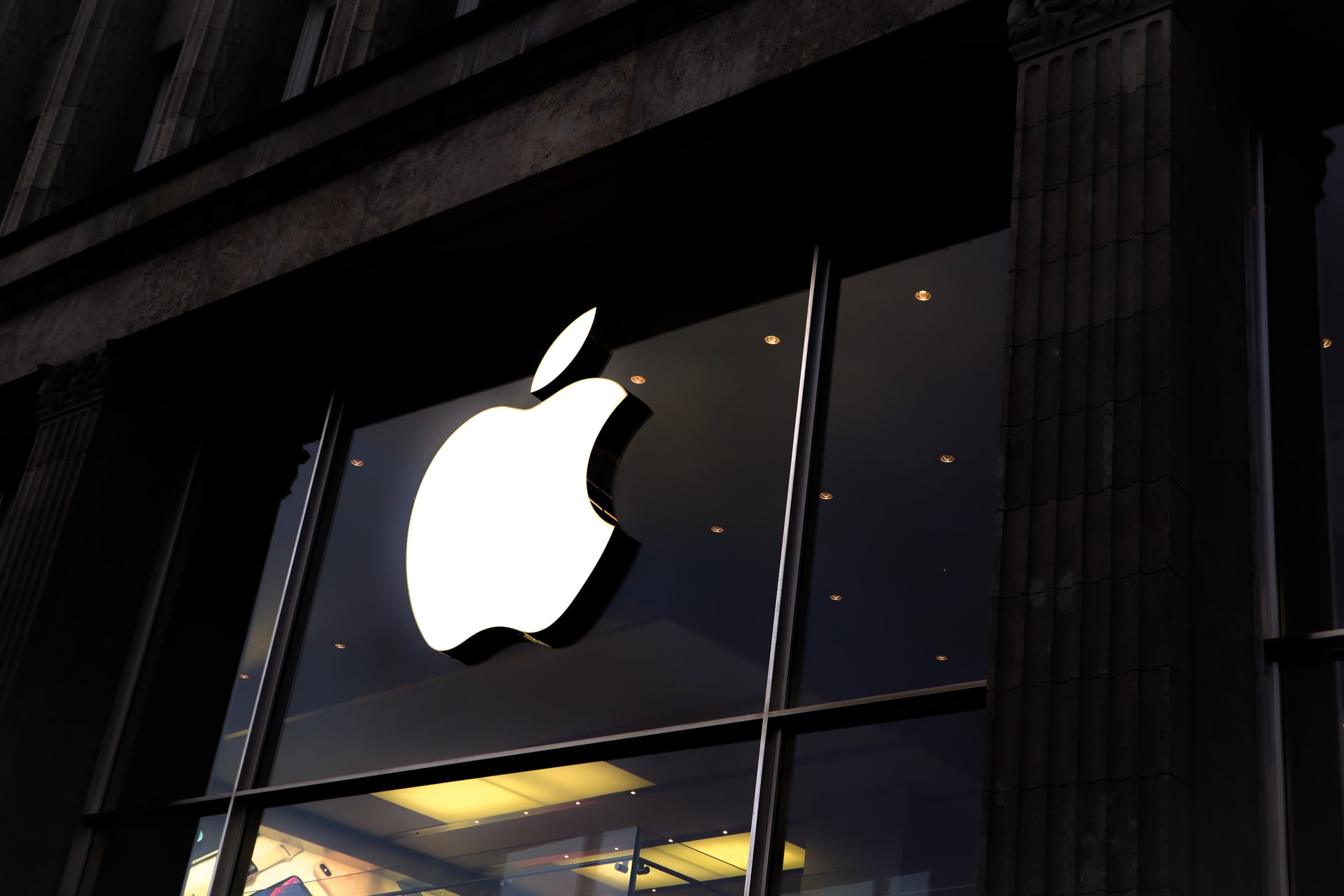Mastercard gets in the party of NFT trademarks and joins other fintech in the NFT wave.

The metaverse, a blend of virtual and augmented reality with video chat capabilities that let people worldwide meet in one space, is making waves both in digital and traditional circles. A few things that make the metaverse acceptable are the level of diversity that can exist in it. People hundreds of miles apart can interact on it, just like they would if they were with each other, and it seems this has not gone unnoticed with Mastercard.
In a recent news release, Mastercard has filed for a trademark on a little over two dozen NFT and Metaverse products. According to a trademark attorney, some of the products presented for licensing include the Mastercard and well known Priceless names and the red and yellow circle indicating their logo. There are also plans to build their own metaverse platform where the MasterCard can be used to purchase virtual goods and even attend events like it is used by some of the top proof of stake coins and physically.
Apart from the metaverse, the Priceless trademark will give Mastercard the right to several songs, files, videos, and arts that are backed by NFTs.
The third known filing involves the red and yellow circles, what we know Mastercard for. Although we don’t know how it will play out, it is believed to be the license to Virtual Metaverse events; both formal and leisure, and to make purchases in every one of these virtual gatherings.
This is not a hastily thought-out plan, as two months ago, Mastercard employed 500 new staff to help position it correctly for the crypto wave. Some of the responsibilities they were tasked with involved consulting with financial institutions like Banks and third-party organizations. While they are seemingly ahead in the race, Mastercard is not the fintech company that is looking to leverage blockchain technology. Visa and American Express have also submitted products and services for trademark filing.
American express’ approach is similar, as most of their approaches facilitate fiat currency purchases at metaverses and NFT marketplaces using their cards. For Visa, it is a bit different. They are working towards approving their own digital currency, and the patent for it has been submitted.
Other than the metaverse approach to being relevant, these companies are also leveraging blockchain features, most importantly, mass education of the general public about the advantages and scalable prospects in the crypto space. One of such initiatives is known as Start Path crypto, which is primarily targeted at providing an incubation path for startups. Visa also has something similar, albeit with a different name. Theirs aims to teach small business owners how to leverage the NFT space.
Major companies in the metaverse space.
These fintech companies are not the only ones looking to position themselves in the metaverse. Several big companies are taking a position here, albeit through different roadmaps. Some of them include
1. META
It is no news that Facebook changed its name to Meta. This is a bold signal to show Mark Zuckerberg’s intent on the crypto space. Many billions have been poured into the space, and it would require a mistake on their end or a revolutionary idea from another quarter to prevent Meta from being the go-to metaverse. Its metaverse has already been named Horizon worlds, and although this project is amazing, having almost half of the tokens being charged as tax is a little too outrageous. If it will stand a chance in this soon-to-be crowded environment, Meta has to reconsider its fee structure.
2. McDonald’s
Just so you know, you won’t escape from seeing the big Mac on the corner of most streets in the metaverse. The company has filed a trademark to sell you burgers if you are hungry in the metaverse. Well, not directly, but rather, you can order food on the metaverse and have it delivered to your doorstep. McDonald’s is not offering any new recipes. They are bringing strategies they have used for 66 years to retain their customers.
3. Apple
When it is clear that virtual reality is the direction technology is headed, why is apple conservative about it? Well, they really aren’t. That Apple is not building a metaverse does not mean they are not actively involved in the space. Tim Cook, the CEO, explained that the company is positioning itself as a ‘pick and shovel’ company in the metaverse evolution through Augmented reality gadgets. Although they might not put the word ‘metaverse’ into their structures and processes, you don’t expect a competitor to go full-fledged into a space, and you remain docile.
4. Microsoft
Does the slow and steady always win the race? Microsoft will reveal more to us. This company has been making moves silently. Purchasing Activision Blizzard is one of the biggest moves, and it is clear Microsoft is looking at the Gaming metaverse.
Conclusion:
Mastercard has long been a powerhouse in the financial world, and their recent foray into the cryptocurrency space shows that they are not content to rest on their laurels. With this trademark application, it seems clear that they are planning to make a serious push into the NFT and Metaverse markets. Whether or not this will be successful remains to be seen, but with Mastercard’s resources and experience, they are certainly well-positioned to make a splash. If you’re looking for a way to get into the cryptocurrency market, now might be the time to invest in bitcoin and Ethereum using Redot.com.








